In a culture bound by oppression, Egyptian women never stood a chance in acquiring the same fame, power and success of that of an Egyptian man. Women stood in the background while men stood in the forefront taking credit for work women also contributed too. Women were regarded as second-class citizens and women’s rights issues were ‘elitist’ and unimportant.
Yet, despite all of that, there are many women who have soared to heights of success that were unmatched to that of a man at the time. There have been women who thrived and triumphed against all odds. There have been women who defended their country, women who recreated art, women who took office, women who changed policies and women who thrived in sports, business and ethics.
This is just a sample of kind of the women who existed and still exist in Egypt.
1. Cleopatra
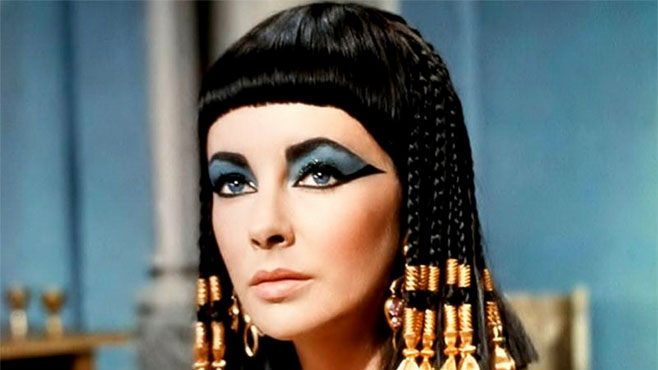
“I will not be triumphed over.”
Known as the last active Pharaoh of ancient Egypt, Cleopatra was a politician, mathematician and a businesswoman. She was fluent in nine languages and during her rule she defended Egypt from the vastly expanding Roman Empire.
2. Lotfia El Nadi
“It was my revolt, I had to do it.”
Eighty years ago, Lotfia El Nadi became the first Egyptian woman to be a licensed pilot. At age 26, she was among the youngest at the time to achieve her lifelong dream.
This remarkable woman, who was also a friend of Amelia Earhart, was made an honorary citizen by Switzerland and was an inspiration for women across Egypt and the world.
3. Jihan El Midany
“I want to prove that the veil does not have to prevent girls from doing anything.”
Jihan El Midany is an Egyptian pentathlete who was the first Egyptian woman to carry the national flag into the Olympic ceremony. Jihan, who was 18 at the time, came in 12th place.
4. Mona Eltahawy
“The Woman Explaining Egypt to the West”
Mona Eltahawy is a distinguished Egyptian-American freelance journalist, whose work has appeared in The Guardian, The New York Times, The Washington Post, The Miami Herald Tribune, U.S. News and World Report. She was ranked the 30th most powerful Arab Woman in 2012 by Arabian Business.
5. Tahany El Gebali
“Everything new is at first resented. When women first went out to learn, people said it was the end of time, when they went out to work they said it would be the end of the world. But it wasn’t. And women have proven themselves in all fields.”
Tahany El Gebali made headlines in 2003 when she was appointed as Egypt’s first female judge. She gained nationwide prominence after acquiring a series of high-profile cases. She was also the first woman to be elected on the Permanent Bureau of the Union of Arab Lawyers. Tahany was ranked 23rd on The World’s 100 Most Powerful Arab Women by Arabian Business. Recently, Tahany was appointed Deputy President of Egypt’s Supreme Constitutional Court.
6. Nawal El Saadawi
“To me, ‘beauty’ means to be natural, creative, honest – to say the truth.”
Nawal El Saadawi is an Egyptian women’s rights activist, author, physician and psychiatrist. Saadawi has published many books pertaining to women and Islam. She has also founded the Arab Women’s Solidarity Association and co-founded the Arab Association for Human Rights. Saadawi has been awarded honorary degrees in three continents, some of which entail North-South prize from the Council of Europe in 2004 and the Inana International Prize in Belgium in 2005.
7. Hilana Sedarous
‘The first female Egyptian doctor’
Hilana Sedarous is the first female Egyptian doctor. Born in Tanta, Sedarous was sent to London in 1922 to study mathematics and medicine. In 1930, she earned her doctoral and returned to Egypt. She established a private clinic specialising in obstetrics and gynaecology.
8. Yousra
‘Star of the Middle East’
The biggest female entertainment name in the Arab world was born as Civene Mohamed Nasim. Yousra, her stage name, began making films in the 70’s. Yousra has worked as an UN Goodwill Ambassador and was ranked 29th most influential Arab woman by Arabian Business. Yousra has received more than 50 awards in recognition for her work as a UNDP Goodwill Ambassador.
9. Umm Kulthum
“My father was uneasy. The idea that his daughter should sing in front of men he didn’t know, was difficult for him to accept, but my singing helped support the family. So he dressed me in boy’s clothes, and I sang this way for several years. I realize now that he wanted to convince himself, and the audience too, that the singer was a young boy, and not a young woman.”
Umm Kulthum was an Egyptian singer, songwriter and actress who sang for almost four decades. Her success as a singer and a song writer exceeded that of others and the cultural power she has is unparalleled. She recorded hundreds of songs and her fame rose to levels unforeseen for Arab women at the time. She toured in the Middle East singing in cities like Damascus, Baghdad, Beirut, Tunis and Tripoli. She had private concerts for Presidents and Royals. Today, Kulthum is regarded as the greatest female Arabic singer in history.
10. Dalia Mogahed
“I can tell you character traits I admire and work to develop in myself – perseverance, self-discipline, courage to stand up for what is right even when it is against one’s friends or one’s self.”
Dalia Mogahed made history when she became the first veiled Muslim woman to hold a position in the White House. In 2009, she was selected to be Barack Obama’s advisor on the White House Office of Faith-Based and Neighbourhood Partnerships. Mogahed was also the Executive Director of the Gallup American Centre for Muslim Studies.
11. Anissa Hassouna
First woman elected on the Board of the Egyptian Council for Foreign Affairs
Anissa Hassouna currently holds the position of executive director of Magdi Yacoub’s foundation, vice president of the board of the Egyptian Organization for Human Rights, and is a lecturer at the Banking Institute in Cairo and the Diplomatic Institute. Hassouna began her career as a diplomat for the Egyptian Ministry of Foreign Affairs. She later went on to work for the Council of Arab Economic Unity, Egypt’s International Economic Forum as the Director General, and Misr Iran Development Bank as Assistant General Manager.
12. Mervat Tallawy
“In Egypt we are saying the fall of the existing system will be because of women. They don’t sit still at all. Their voice is very raised at demonstrations, signing petitions—they are everywhere. We will not accept the situation. We will fight it until the end. Either they will put us in jail or they will change their attitudes.”
Mervat Tallawy is currently one of Egypt’s most prominent female figures. Tallawy is the former Under-Secretary General of the UN and former deputy director of the UN International Research and Training Institute for the Advancement of Women. She was also Egypt’s Minister for Insurance and Social Affairs during 1997-1999 and served as ambassador to Japan and Austria. Recently, she was elected as the head of the National Council for Egyptian Women (NCEW).
13. Nadia Younes
‘One of the most respected, effective and charismatic officials’ – WHO
Nadia Younes was a remarkable Egyptian national who worked for 33 years with the UN and the World Health Organization. Younes served as Deputy Spokeswoman for the Secretary-General from 1988 until 1993 and Director of the United Nations Information Centre in Rome. After a long, successful career, her life was tragically cut short on August 19th 2003 by the devastating bombing at the Canal Hotel in Baghdad, which was being used as the UN Headquarters in Iraq.
14. Sameera Moussa
“I will make nuclear treatment as available as aspirin”
Sameera Moussa was a nuclear scientist who dedicated her life to make medical nuclear power affordable to all. Moussa arranged the Atomic Energy for Peace Conference. A pioneer in her field, she was honored and awarded posthumously by the Egyptian Army, and former President Anwar Sadat.
In 1952, however, she was killed when her car plummeted from a height of 40 feet after being invited somewhere in California, following a visit to the US. Her death is shrouded in conspiracy, with some blaming the Mossad or other intelligence organizations for her death. The driver of her car disappeared and the the invitation she had received turned out to be false.
15. Kamilia Abdelfattah
Paving the way for child psychology in Egypt
Kamilia Abdelfattah is a pioneer in the field of child psychology. Abdelfattah established and headed the childhood higher institute studies of graduates Ain Shams University (1981–1986). She was also chosen as woman of the year in Who’s Who UK encyclopaedia 1997 and Cambridge University.
16. Farkhonda Hassan
“The objective now is not to renegotiate our dreams, but to emphasize the accountability of all actors. We are no longer seeking promises, but are demanding action.”
Farkhonda Hassan is a geology professor at the American University in Cairo (AUC) and is chair of the Commission on Human Development and Local Administration of the Shura Council. Since 2000, Hassan has been a member of the National Council for Women in Egypt and is currently the Gender Advisory Board of the United Nations Commission on Science and Technology for Development and Secretary-General. Her career is centred around women’s causes in many aspects of society on a grass-roots level.
17. Jehan Sadat
“They put aside the talk of peace and instead acted for peace.” [Referring to the Peace Treaty made Between Her Husband, Anwar Al Sadat, and Israeli Prime Minister Begin.]
Jehan Sadat is the former Egyptian First Lady and widow of former President Anwar El Sadat. Jehan dedicated much of her life to volunteer work with the less fortunate. During her husband’s presidency, Sadat changed the world’s view on Arab women by participating in volunteer work.
Sadat also received many national and international awards for public service and humanitarian work with women and children. She has been awarded over 20 national and international honorary doctorate degrees from universities and institutions around the world. She was also the first female chairperson for the People’s Council of Munofeyya Provincial governorate and has been a visiting professor at many universities such as the University of South Carolina, Radford University and American Univeristy (AU).
18. Huda Sha’arawi
“Men have singled out women of outstanding merit and put them on a pedestal to avoid recognizing the capabilities of all women.”
Huda Sha’arawi is perhaps one of Egypt’s most famous feminist figures of all time, along with Durriya Shafiq, Safia Zaghloul and Ester Fanous. Sha’arawi was the founder of the Egyptian Feminist Union. In 1919, Sha’arawi helped organize one of the largest women’s anti-British protest of all time. After attending the International Woman Suffrage Alliance Congress in Rome, Sha’arawi made a conscious decision to remove her face veil, an act that would go down in history as one of the most defining moments of feminist resistance in Egypt.
19. Gazbia Sirry
‘Spokesperson of the People’
Gazbia Sirry is a prominent artist and professor of fine arts. Sirry has about 70 personal exhibitions across the Arab world, Europe and the US. Regarded as one of the most distinguishable Egyptian artists of the past fifty years, her work has been featured in The Metropolitan Museum of Art, New York; The Art & Science Museum Evansville, Indiana; The National Museum for Women in the Arts, Washington D.C.; and Institut du Monde Arabe, Paris. She has been awarded several fellowships from international universities one of which is the University of London.
20. Tahani Rached
“The message should be delivered that there is no art unless we have the freedom to construct that art.”
Tahani Rached is an Egyptian Filmmaker who has produced several movies some of which include Four Women of Egypt. Her work has received several awards, some of which include Public Award in the International Documentary Film Festival.
21. Azza Fahmy
“So I tied my hair back, put on my overalls and spent my days in a workshop full of men learning the tricks of the jewellery making trade.”
Azza Fahmy is an iconic Egyptian jewelry designer who founded the Azza Fahmy Company. After acquiring a BA in Interior Design, Fahmy began her journey with jewelry in a Khan El Khalili workshop. Forty years later, her work has been featured globally in international Fashion Shows and her jewelry is recognized everywhere.
22. Tahani Toson
‘The Volleyball Player of the Century in Africa’
Tahani Toson is a professional Volleyball trainer and former player for the Egyptian National team and Al-Ahly Club. She was named most valuable player 35 times in just 18 years. She has led the Egyptian national team to 14 championship wins. Toson was named Ninth-Best Player during the 2003 World Cup in Japan and Fifth-Best Bulwark during the 1995 World Cup in Japan, also. In 2000, she was named “Player of the Century” in African Volleyball.
23. Durriya Shafiq
“To want and to dare! Never hesitate to act when the feeling of injustice revolts us. To give one’s measure with all good faith, the rest will follow as a logical consequence.”
During the 1940’s, Durriya Shafiq was among the leaders of the women’s liberation movement that took place in Egypt. A women’s rights activist, Doria Shafik is the reason women were granted the right to vote by the constitution. Shafiq also formulated the Bint Al-Nil Party and translated the Qur’an to English and French.
Editor’s Choice: Faten Hamama
‘Lady of the Arab Cinema’
Faten Hamama is one of Egypt’s and the Arab world’s most prominent producers and actresses and was chosen as ‘Star of the Century’ by the Egyptian Writers and Critics organization at the 2001 Alexandria International Film Festival.
Hamama made her silver screen debut in 1939 when she was only seven years old, and from there, she was on a path to shatter the common depiction of Egyptian women in film as objects – secondary to their male counterparts. Hamama chose to play roles that depicted women as independent and powerful. For example, in Sira Fi Al-Wadi, she played a rich man’s daughter who was a down-to-earth woman that helped the poor.
Today, she remains to be regarded as one of the most important and inspiring actresses in the history of Arabic cinema and is commonly known as ‘The Lady of the Arab Cinema.’
This article was originally published on May 9, 2014.
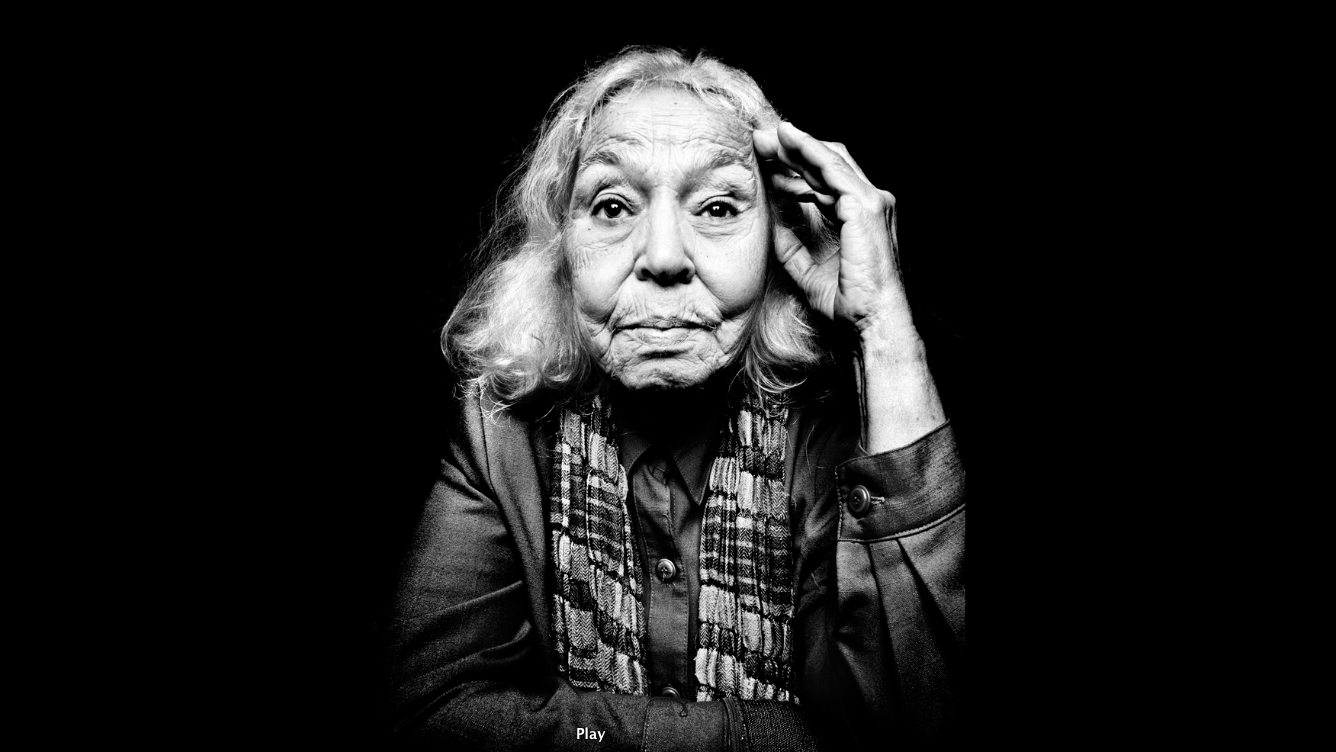

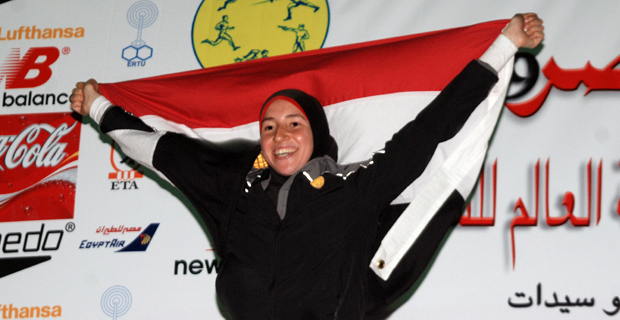
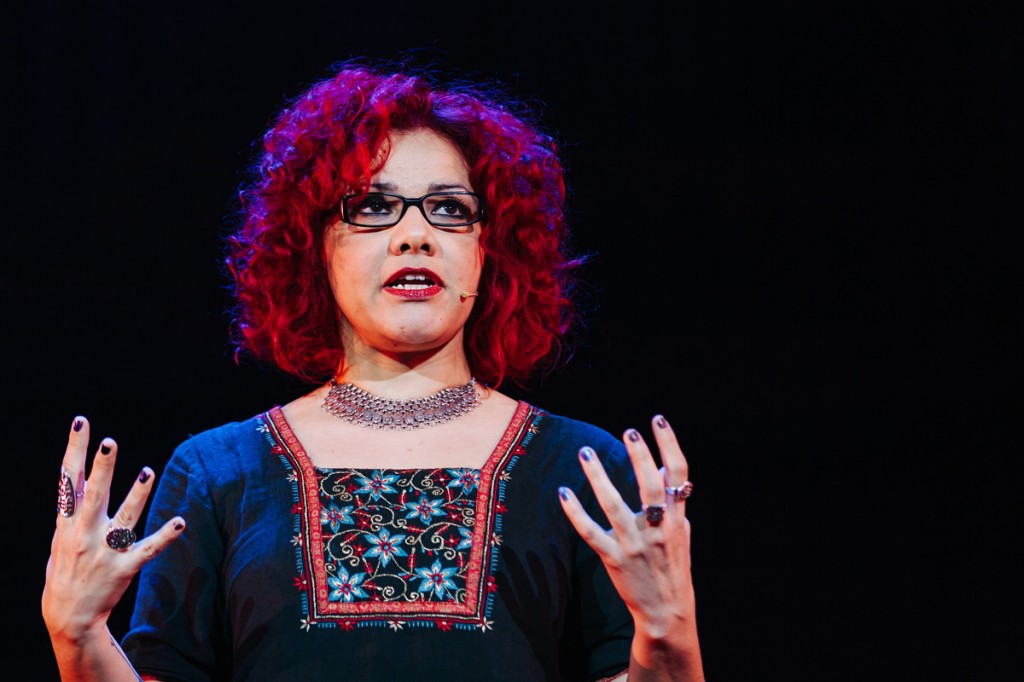
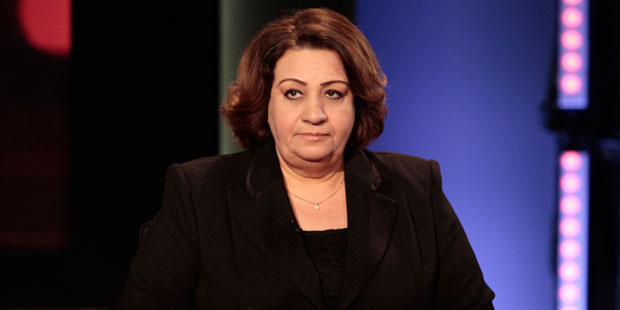
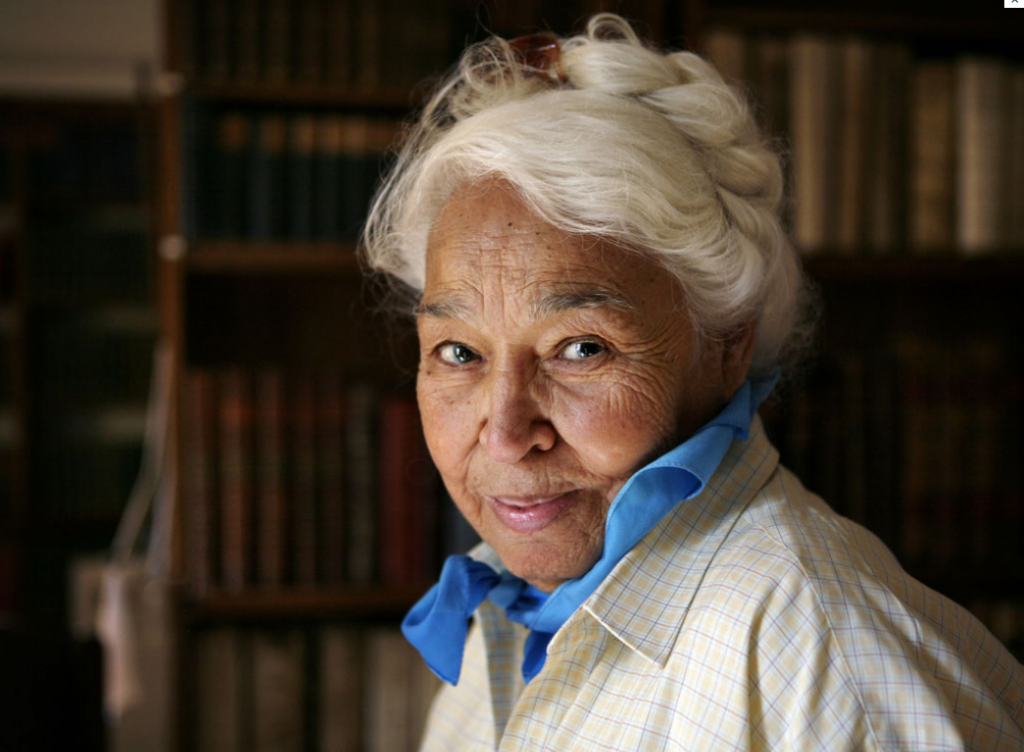
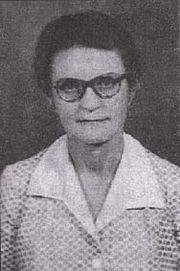
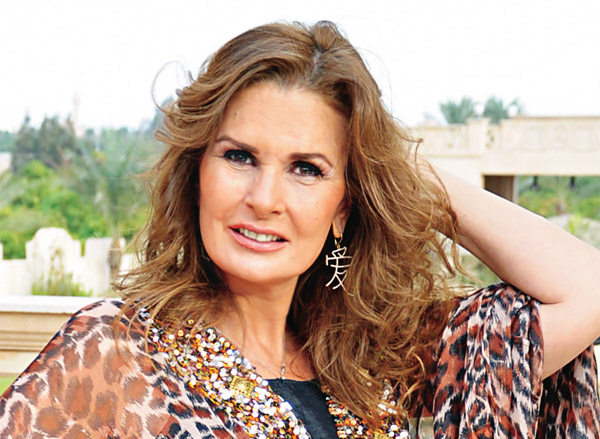
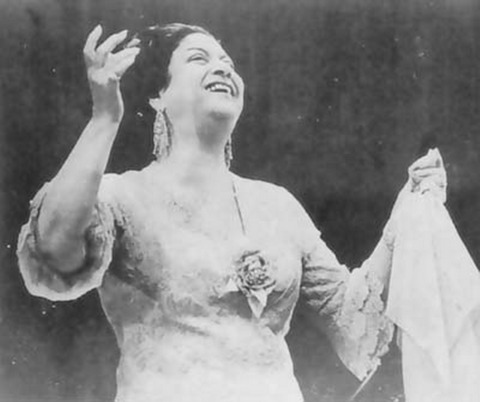
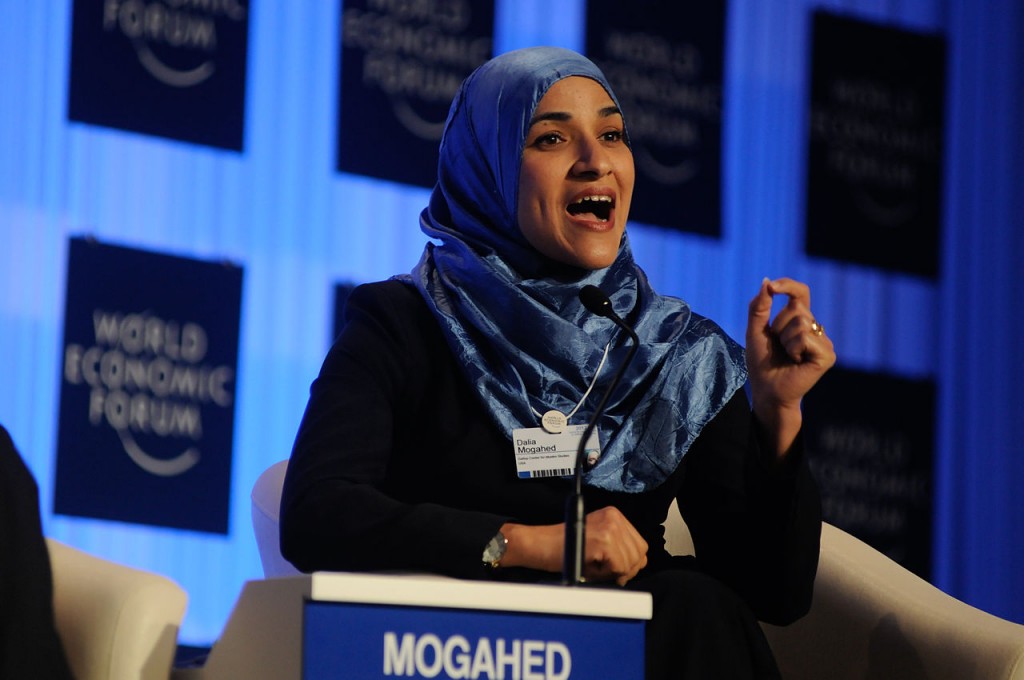
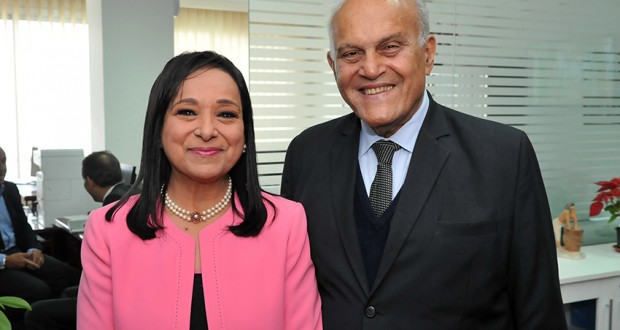
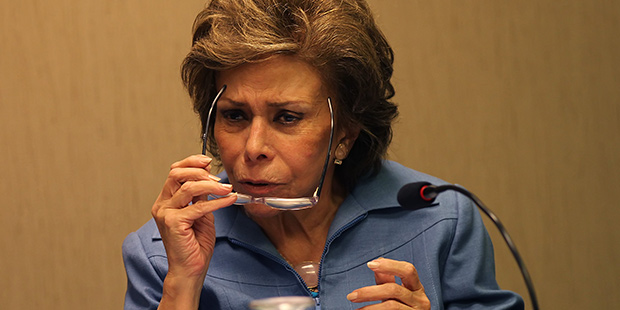
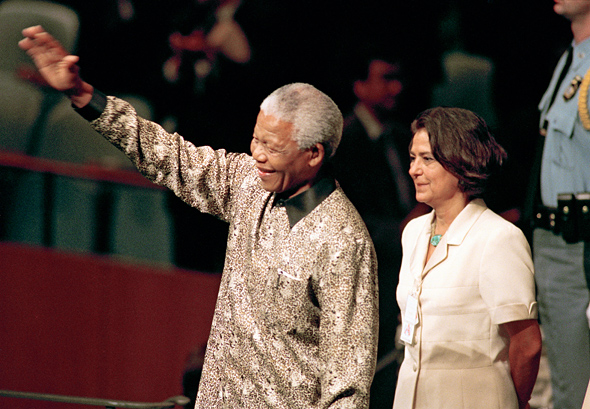
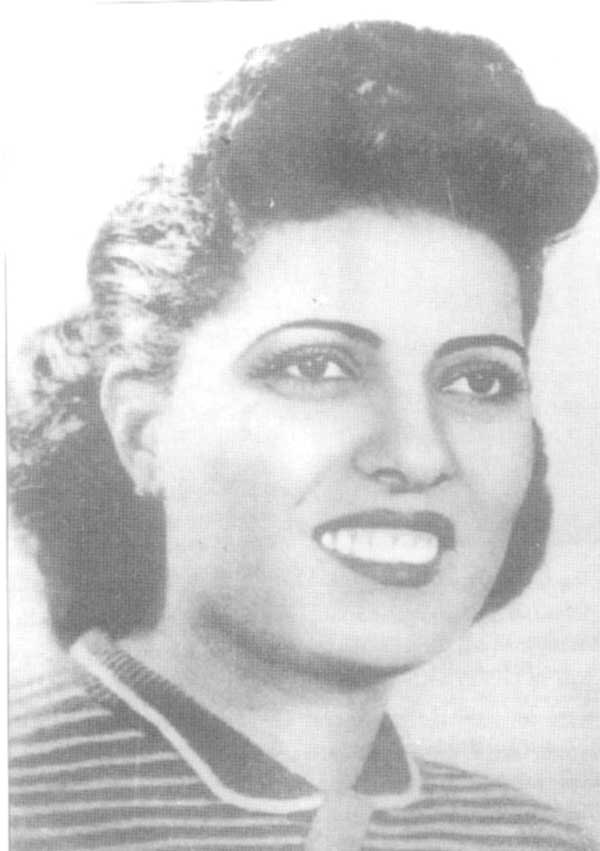
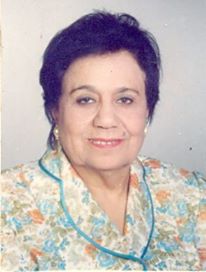
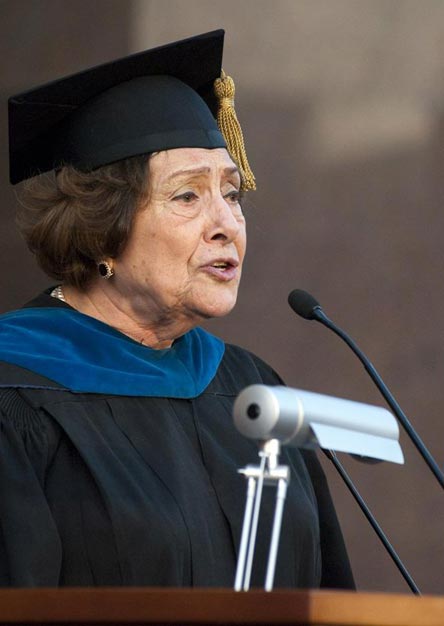
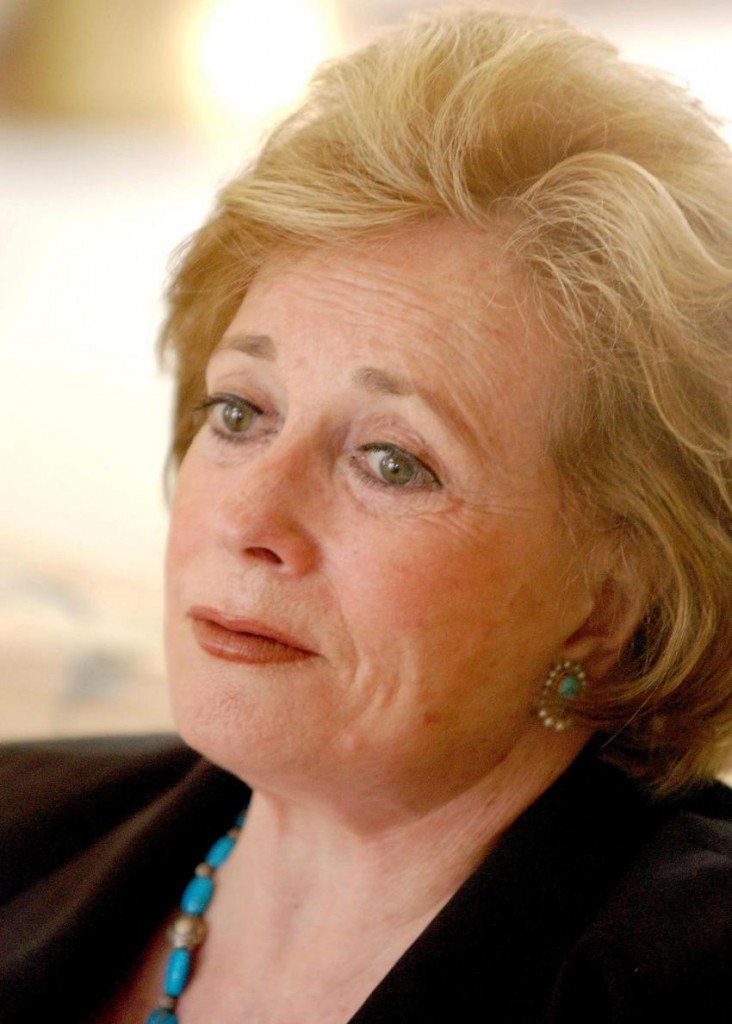
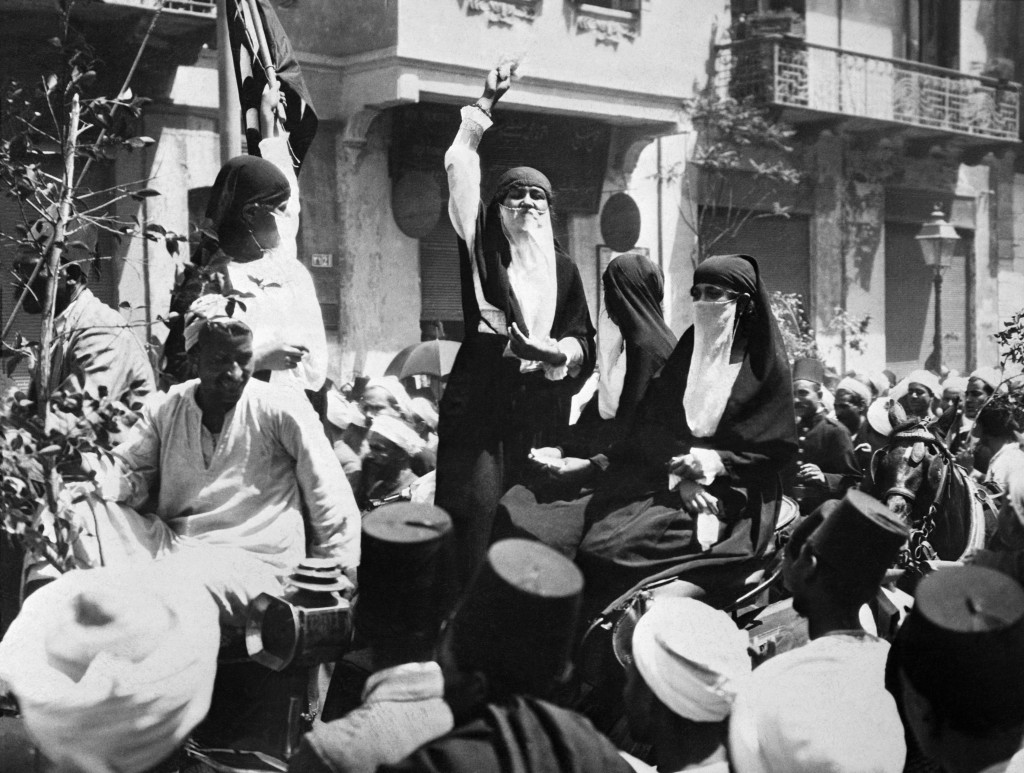
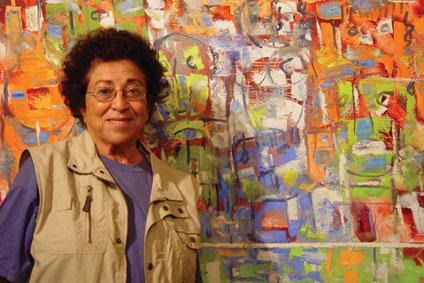
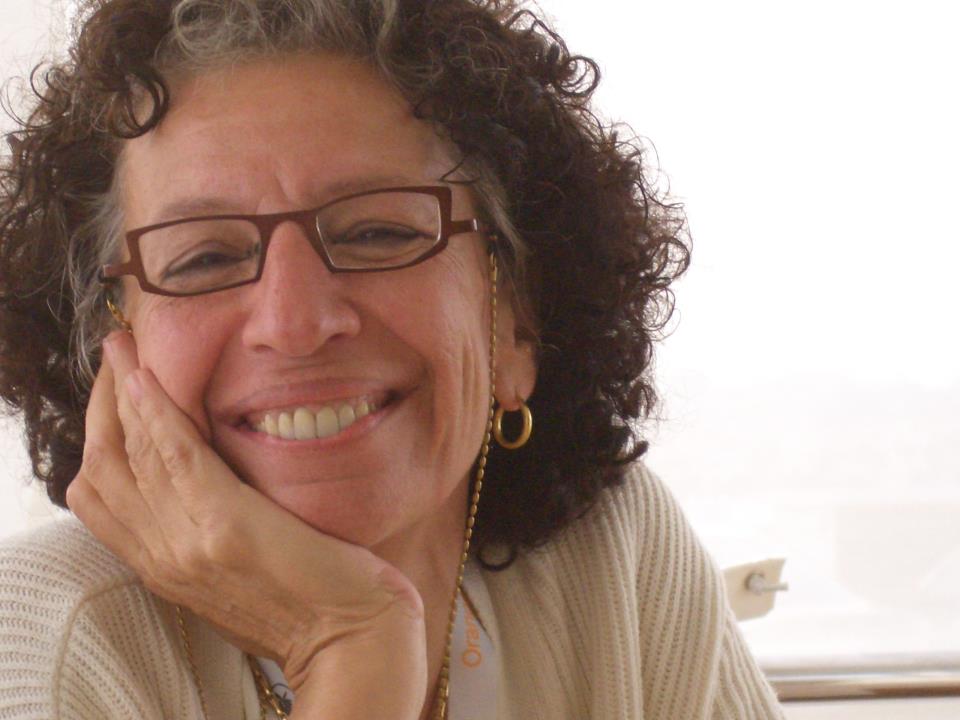
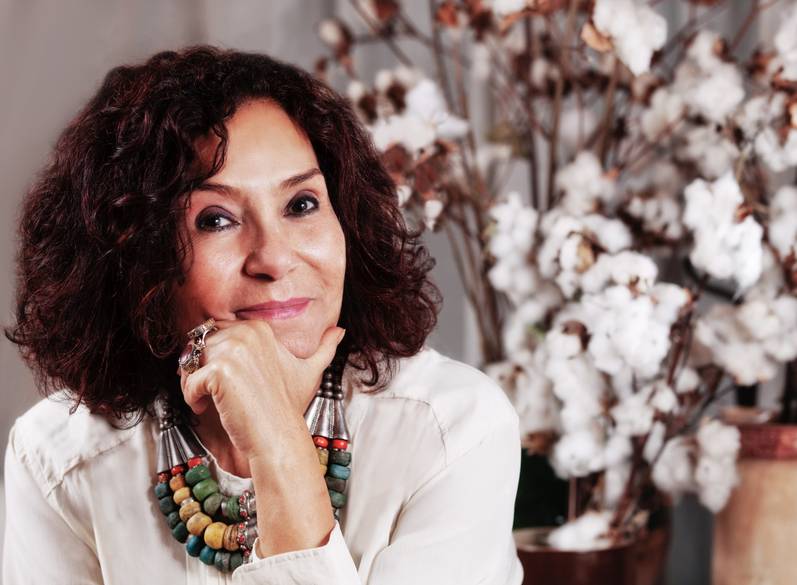
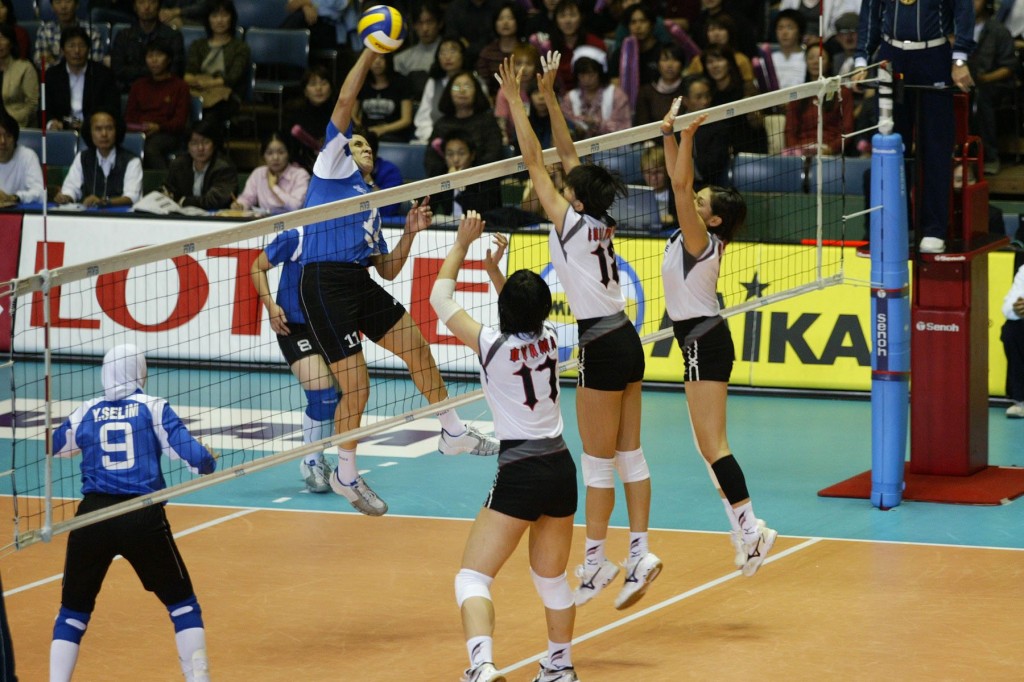
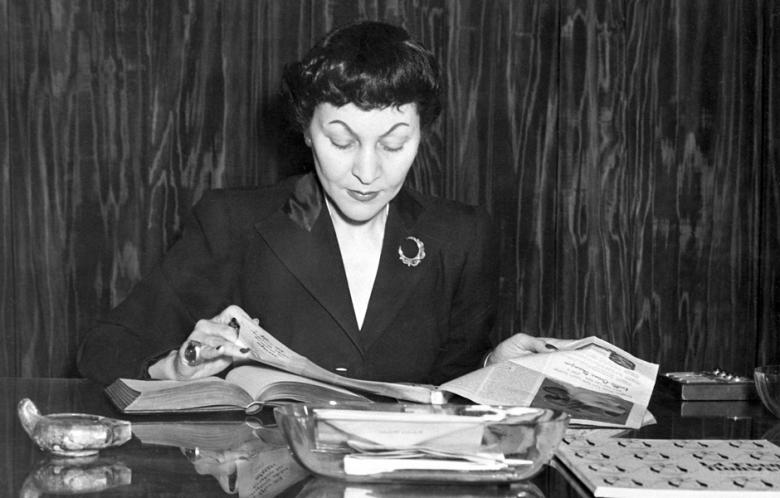
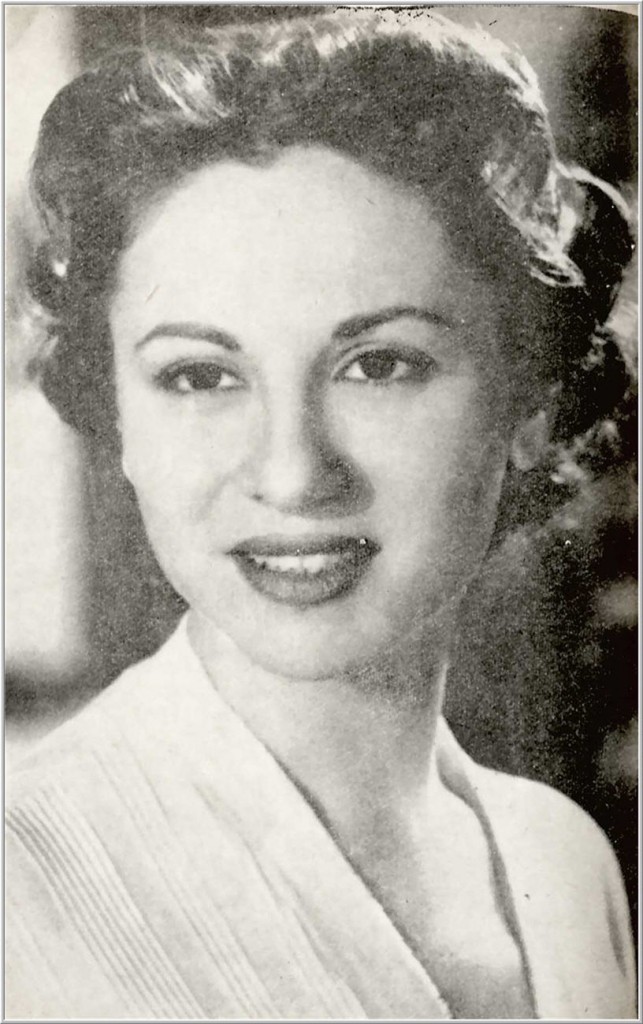



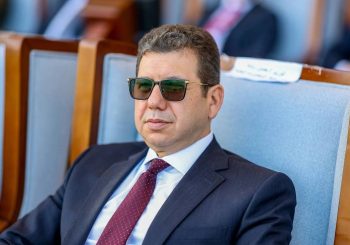
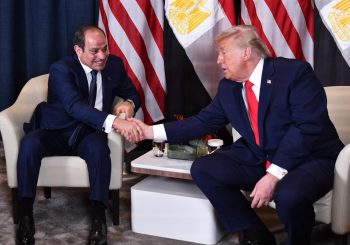
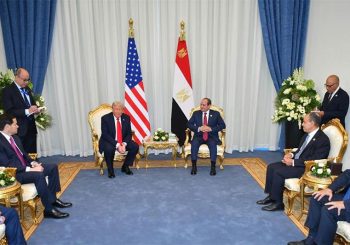
Comments (60)
so historic and hopes today’s women in Egypt could print their foots on the sand of history..God bless Egypt.
Good list. However I am not sure what the criteria you used was. Since you went back all the way to Dorriya Shafeek and even to Cleopatra, there and you even mentioned a female pilot, I think it is important to name one particular pilot who is considered the ‘mother’ of pilots in Egypt -known only as Captain Aziza. [Her real name is Aziza Moharram Fahim, born 1919]. She actually trained ALL the Egyptian male pilots and they feared and revered her more than any other.
Besides her, there are also Aziza Hussein and Marie Asaad, both of whom are pioneers in their work in civil society. Of course the list goes on, but certainly what you wrote requires some form of criteria as to why you chose those particular women of the many women who contributed to Egypt’s progress.
Hi Marlyn,
Thank you for your comment. The list is definitely not conclusive and there are many other outstanding women in Egypt. As stated by the writer, it is a sample.
She also explains, on her Facebook page, that “The choices were infinite and outstanding. There are many women out there that don’t get recognized for the efforts they contribute to change and build our society.”